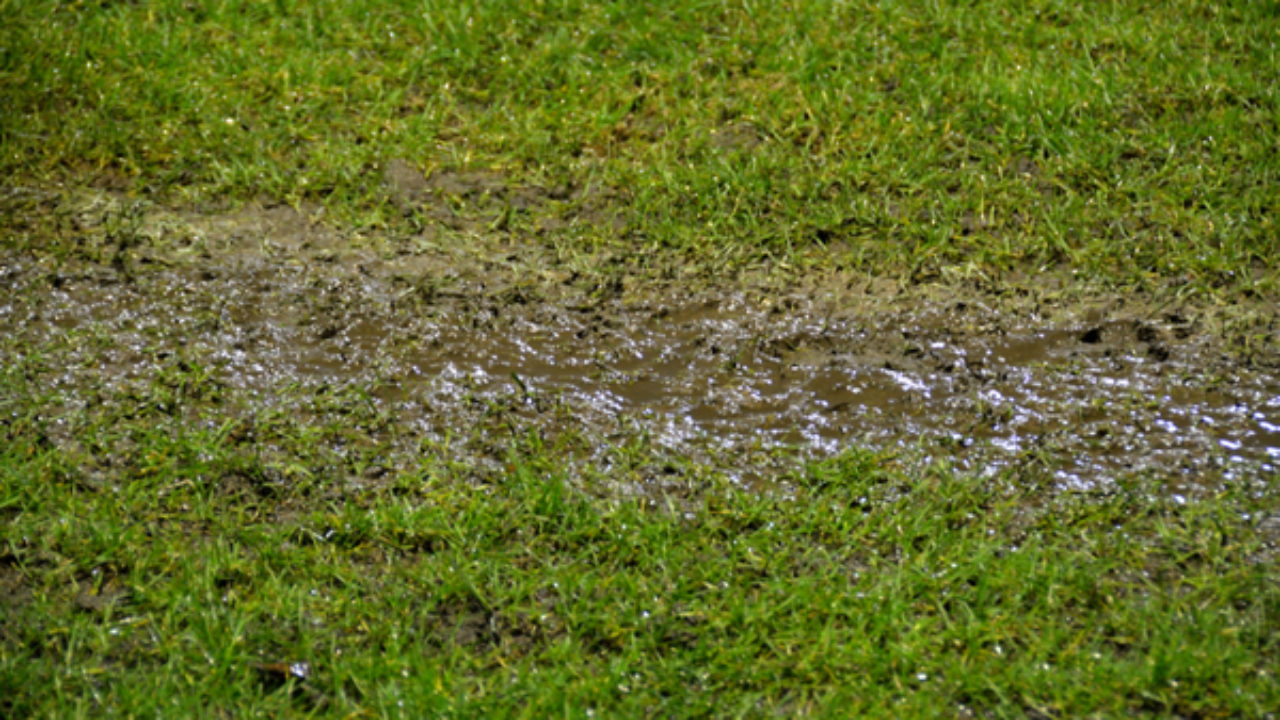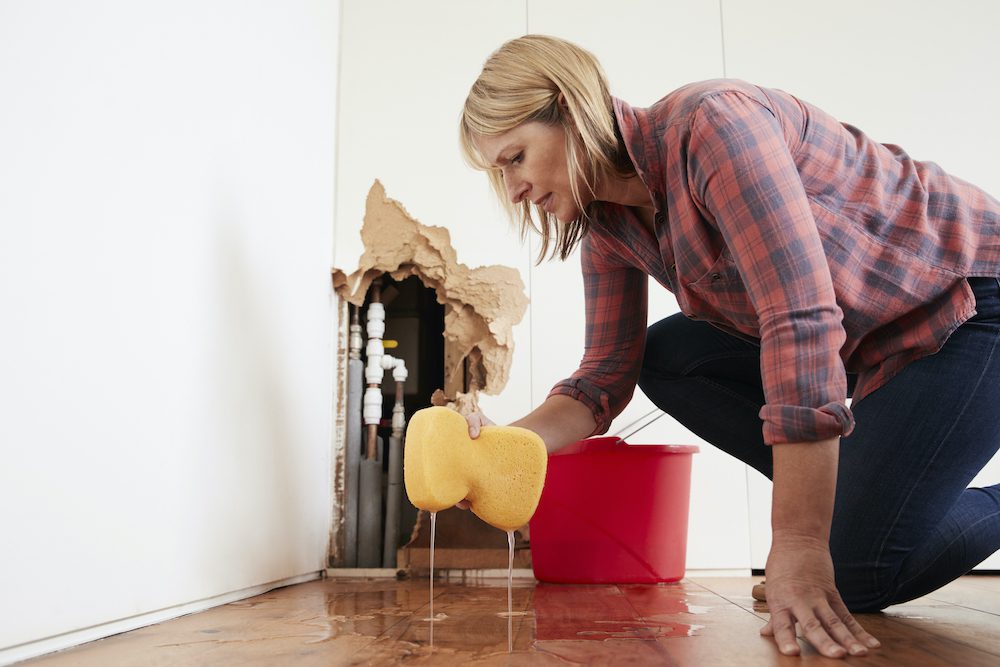6 Ways to Discover Concealed Water Leakages in Your Residence
6 Ways to Discover Concealed Water Leakages in Your Residence
Blog Article
We've stumbled on this article relating to Locating water leaks down the page on the internet and thought it made perfect sense to share it with you on my blog.

Early discovery of leaking water lines can minimize a prospective disaster. Some little water leakages might not be noticeable.
1. Examine the Water Meter
Every residence has a water meter. Examining it is a proven way that assists you uncover leaks. For beginners, switch off all the water resources. Guarantee no person will flush, utilize the faucet, shower, run the cleaning device or dish washer. From there, most likely to the meter and also watch if it will certainly change. Since no person is using it, there need to be no activities. That indicates a fast-moving leak if it moves. If you spot no changes, wait an hour or 2 and also inspect back again. This suggests you may have a slow leakage that might even be below ground.
2. Inspect Water Usage
Examine your water bills and track your water intake. As the one paying it, you should observe if there are any kind of inconsistencies. If you identify sudden changes, despite your intake being the same, it indicates that you have leakages in your plumbing system. Bear in mind, your water bill should fall under the very same range on a monthly basis. An unexpected spike in your expense shows a fast-moving leak.
On the other hand, a constant increase each month, despite having the same behaviors, reveals you have a slow-moving leakage that's also slowly escalating. Call a plumber to completely check your residential property, especially if you really feel a warm location on your floor with piping beneath.
3. Do a Food Coloring Test
When it comes to water intake, 30% comes from toilets. If the color in some way infiltrates your dish throughout that time without flushing, there's a leakage between the container and also dish.
4. Asses Exterior Lines
Do not neglect to examine your exterior water lines as well. Test faucets by connecting a garden hose. Should water permeate out of the link, you have a loose rubber gasket. Replace this and also ensure all connections are tight. If you've got an automatic sprinkler, it will help get it expertly examined and maintained yearly. One small leakage can lose lots of water and increase your water expense.
5. Assess the situation as well as evaluate
House owners ought to make it a habit to check under the sink counters and also also inside closets for any bad odor or mold and mildew growth. These two warnings indicate a leakage so punctual interest is required. Doing routine inspections, also bi-annually, can conserve you from a major problem.
More significantly, if you know your house is currently old, keep a watchful eye on your heating units, hoses, pipelines and so on. Check for stainings as well as weakening as most pipelines and also devices have a life span. They will certainly additionally normally degrade because of wear and tear. Don't wait for it to escalate if you think leaking water lines in your plumbing system. Call an expert plumber right away so you do not wind up with a horrible mess in your home.
Early discovery of dripping water lines can alleviate a potential catastrophe. Some small water leakages may not be visible. Examining it is a surefire way that assists you discover leakages. One tiny leakage can lose loads of water and also surge your water expense.
If you think dripping water lines in your plumbing system, don't wait for it to intensify.
How to Know If Your Home Has a Hidden Leak
Water Meter Reveals Inexplicable Water Usage
If you’d like to test whether or not there’s a leak somewhere in your home, you can do this using your water meter. Here is how to conduct the test:
Don’t use any water in your home for at least 30 minutes; this also means not turning on faucets or water-using appliances.
Go outside, and check your water meter for activity.
If your water meter shows that there was activity, even though no one was using any water, this proves that there is a leak in your home.Visible Mold or Mildew Growth
Leaks behind walls create moist, dark environments that allow mold and mildew to grow and thrive. Eventually, you might see mold growth forming on the wall closest to a hidden leak.
If mold is growing in an area that receives a high amount of moisture, such as a bathroom, it may simply be an indication that better ventilation is needed. However, if you see mold growth on a wall or the ceiling in an area where you would not expect, you probably have a hidden leak.
Musty, Mildew Odor
Sometimes you might not be able to see the mold or mildew that is growing as a result of a leak. However, the smell can give the problem away just as easily. If you catch a whiff of something musty, there’s a good chance that old water is collecting somewhere in your home that you can’t see.
Stained/Warped Walls, Ceilings, or Floors
When your home soaks up water, a variety of red flags can become visible, including ceiling stains, bubbling drywall, warped walls, and sagging floors. While these issues can be caused by excess humidity, they can also be signs that a pipe or plumbing connection has started leaking behind your walls.
Inexplicably High Water Bill
After a while, you get a general sense for what your water bill should be. If you own a pool or sprinkler system, your bill will tend to be higher during summer. However, if you receive a water bill that seems especially high, and you can’t figure out what caused it, then you may have a hidden leak somewhere that’s increasing your bill.
https://www.plumbingjoint.com/blog/2019/july/how-to-know-if-your-home-has-a-hidden-leak/

As a devoted person who reads about Detecting hidden plumbing leaks, I thought sharing that section was mandatory. Are you aware of somebody else who is intrigued by Hacks to detect leaks? Why not promote it. We recognize the value of reading our article about Leaking water lines.
Report this page